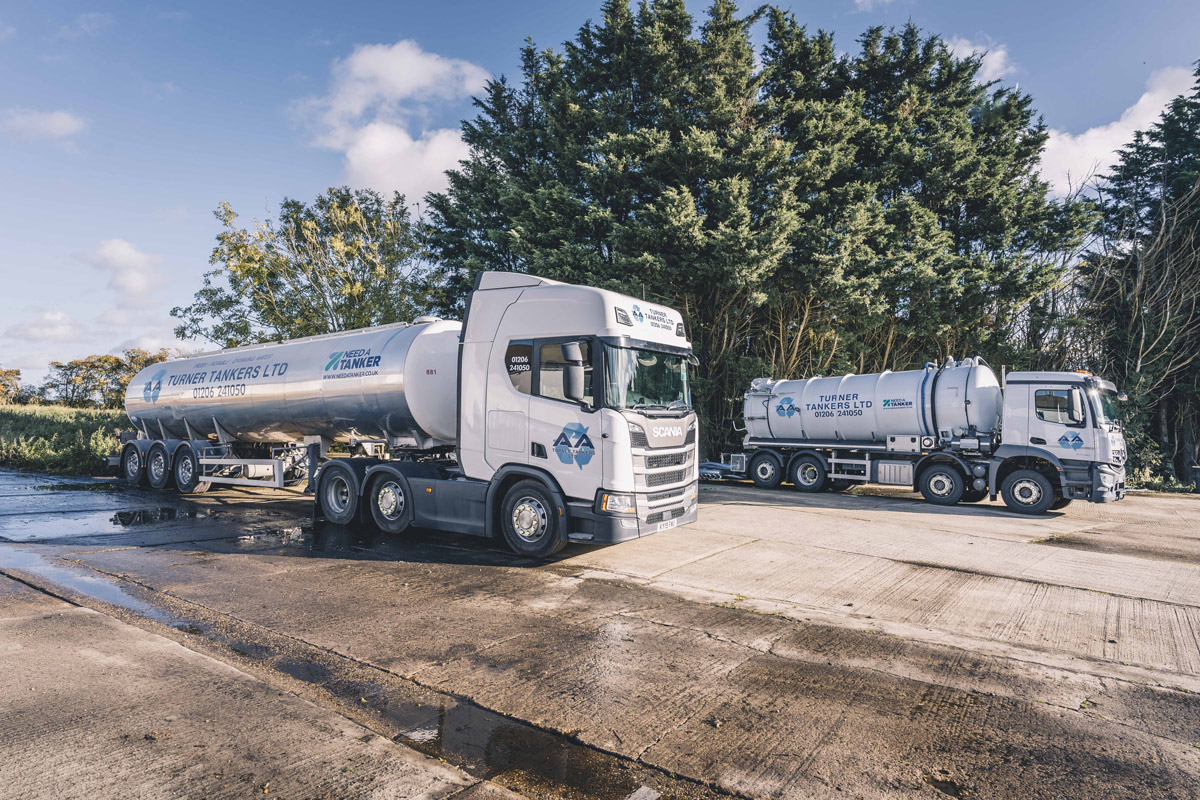Some Known Details About Reclaim Waste
Some Known Details About Reclaim Waste
Blog Article
See This Report about Reclaim Waste
Table of ContentsNot known Factual Statements About Reclaim Waste The Ultimate Guide To Reclaim Waste10 Easy Facts About Reclaim Waste ExplainedLittle Known Facts About Reclaim Waste.The 7-Minute Rule for Reclaim Waste
Check out the types, incidents, and kinds of fluid waste. Residential sewer waste describes the waste and items from a residential septic container. This sort of waste is produced by people in residences, colleges, and other structures. This only consists of sewage-disposal tanks that have a drain area. The proper monitoring and disposal of domestic sewage waste require liquid waste to be moved to a sewer therapy plant where the appropriate methods and tools are used to detoxify and take care of waste.
Commercial waste usually consists of potential threats, such as combustible products or a mix of fluid and solid waste items, and calls for an advanced and in-depth disposal process. The disposal of commercial waste typically entails the filtration of waste before transport to guarantee secure and appropriate disposal. Hazardous waste is created from results and runoff of industrial processes and production.
This kind of waste can not make use of the same sewer management transport or processes as septic or commercial liquids. The hazardous waste monitoring process requires the inspection and testing of fluid waste prior to it undergoes the disposal procedure (liquid waste disposal melbourne). Runoff waste is the fluid waste that comes from runoff and excess stormwater in extremely inhabited areas or cities
Runoff waste can create contamination and flooding otherwise handled correctly. Find out more about sewage system cleansing and waste administration. Making certain correct waste management can avoid catastrophes and lower environmental damage. Both individuals in residential setups and specialists in industrial or production industries can gain from comprehending the processes and policies of liquid waste management.
Not known Facts About Reclaim Waste
Call PROS Services today to learn about our waste administration and disposal solutions and the appropriate methods to look after the fluid waste you create.
(https://reclaim-waste-48112599.hubspotpagebuilder.com/reclaim-waste/expert-liquid-waste-removal-and-disposal-services-your-complete-guide)Do you understand what takes place to your water when you pull the plug, purge the toilet or drain the cleaning maker? No? Well, it's worth recognizing. This so-called 'wastewater' is not just an important source however, after therapy, will be released to our land, waterways or the ocean. Made use of water from toilets, showers, bathrooms, kitchen sinks, washings and industrial procedures is called wastewater.

water made use of to cool equipment or clean plant and tools). Stormwater, a form of wastewater, is runoff that moves from agricultural and city locations such as roofings, parks, yards, roadways, paths and seamless gutters right into stormwater drains pipes, after rainfall. Stormwater flows untreated straight to regional creeks or rivers, at some point getting to the ocean.
Not known Factual Statements About Reclaim Waste
In Queensland, the majority of wastewater is treated at sewage therapy plants. Wastewater is carried from residential or commercial websites with a system of drains and pump stations, referred to as sewerage reticulation, to a sewer treatment plant. City governments construct, preserve and run most sewer therapy plants. Operators are accredited under the Environmental Defense Act 1994 to discharge cured wastewater at an appropriate ecological requirement into rivers.
The Division of Natural Resources recommends city governments regarding managing, operating and maintaining sewerage systems and treatment plants. In unsewered locations, local federal governments might need homeowners to install individual or home sewer treatment systems to treat residential wastewater from toilets, cooking areas, restrooms and washings. The Division of Natural Resources authorises the usage of house systems when they are proven to be efficient.
Many stormwater gets no therapy. In some brand-new subdivisions, treatment of some stormwater to eliminate litter, sand and crushed rock has actually started making use of gross pollutant catches. Wastewater treatment occurs in four stages: Gets rid of strong matter. Larger solids, such as plastics and other objects mistakenly released to sewers, are gotten rid of when wastewater is gone through screens.
Wastewater then moves right into huge containers where solids visit our website clear up and are gotten rid of as sludge. Oil and residue are skimmed from the surface. Utilizes small living organisms called micro-organisms to damage down and get rid of staying dissolved wastes and great fragments. Micro-organisms and wastes are incorporated in the sludge. Removes nitrogen and phosphorus nutrients that could trigger algal flowers in our waterways and endanger marine life.
6 Simple Techniques For Reclaim Waste
Nutrient elimination is not offered at all sewage treatment plants since it requires pricey specialized equipment. Clear liquid effluent produced after treatment might still consist of disease-causing micro-organisms - liquid waste disposal melbourne.

Many wastewater streams into the sewage system. Under the Act, local governments provide approvals and licences for ecologically relevant activities (ERAs) involving wastewater launches that may have a regional effect.
Unknown Facts About Reclaim Waste
Surveillance offers factual details about water quality and can verify that licence problems are being met. The details gotten with tracking offers the basis for making water high quality choices.
Report this page